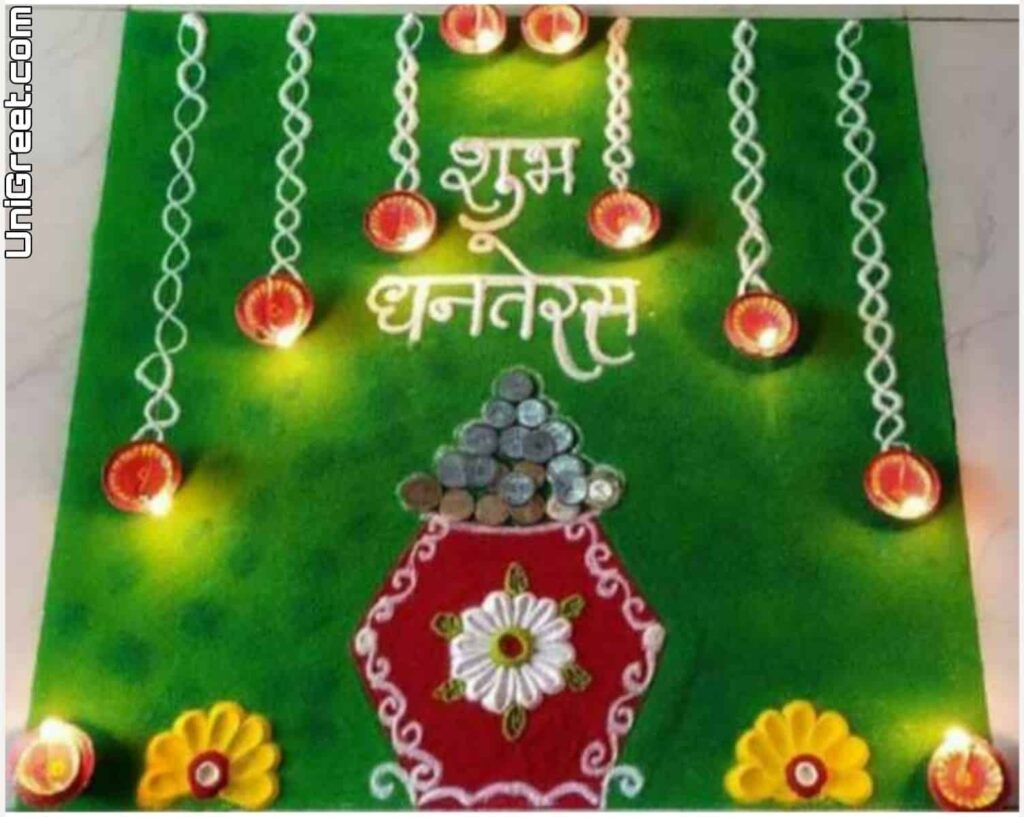Over the last decade, poker has become an increasingly popular game, with the number of players, tournaments and prizes constantly growing. This game developed significantly until it officially became a sport in 2010. In addition, it is also the most popular card game in the world. This popularity has increased in several ways, mainly with the introduction of poker at leading online casino sites such as Bettilt.
Bettilt is one of the largest online operators in the world and very popular in India. The site offers a full range of poker games, as well as many live tournaments. In addition, on this platform you can find a lot of other various entertainment.
In 2010, poker was recognized by the International Intellectual Games Association (IMSA) as an intellectual sport, like chess and backgammon. In a number of countries, poker is recognized as a professional sport and an Olympic discipline in the category of intellectual sports tournaments. The poker boom did not bypass India either. Our players participate in international offline and online tournaments, winning prestigious prizes.
Poker also benefited from his film appearances, in films such as The Cincinnati Kid (1965), A Big Hand for a Little Lady (1966) and The Individualist (1994). A famous movie that covered a lot of poker was 007 Casino Royale (2006). But among all the aspects that contributed to the development of poker around the world, technological development turned out to be the most important. With the creation of virtual games and online poker rooms, players from all over the world began to play the game without visiting a casino. Poker can be played online with real money bets anywhere, attracting a huge number of new players.
There are now many poker sites that, in addition to tournaments with real money prizes, offer free tournaments that are worth tickets to other professional level events. Some reference sites also allow you to play for real money and learn the rules and basics of the game. This is a good alternative for those who want to learn about the game, test their skills without risking losing money.
Luck or skill?
Poker requires concentration and strategy, but also luck
In addition to luck, poker depends on certain skills, such as remembering the characteristics, numbers and colors of the pieces presented during the game, making strategies and making the right decisions, avoiding dependence on luck alone. Understanding this, the First Criminal Court of Jabaquara in the District of São Paulo recognized that poker is not a game of chance. Most of the population would probably say that poker is a game of luck. This is because poker is often played in casinos along with other games such as blackjack or roulette. But frequent poker players know that the reality is quite different.
Poker is 100% a game of skill in the long term with a large element of luck in the short term. Professional poker players try to reduce the value of luck during the game by making a lot of mathematical decisions without getting caught up in emotions, which helps them win in the long run. The main reason why poker is a game of skill and not luck is that, unlike all other casino games, your main opponents are other people, not the house. In poker, the house only provides the means for the game, and does not directly benefit from the outcome of what happens in the game.
Being a game of math, skill and probability, bluffing is another aspect that is widely used by poker players. By being able to read his opponent and notice when he has a weaker game, a player can force him to fold his better hand and therefore win more. The game of poker requires players to have great cognitive skills and emotional intelligence. Also, being a sport, poker requires preparation, skill, study, concentration and effort from the player who wants to improve his performance. In order to become a good player, it is important, in addition to practice, to be aware of what other players are doing and watch a lot of games from the sidelines. As you watch other players, you’ll notice the tricks, tics, and common plays your opponents use. Therefore, even when you are not playing, it is very important to observe how your opponents are behaving: whether they are playing a lot or few hands, whether they are betting high or low, whether they change their facial expressions when they are having a good game or when they are trying to pass . bluff, for example.
Patience is another key trait of a good poker player. Most of the time you are dealt cards that are theoretically unplayable, so it is important to have patience and discipline to wait for a good play.
Because it is a game of great skill, poker already has thousands of professional players around the world. These practitioners earn their main income from poker. It is already considered one of the professions of the future. But becoming a professional player cannot be achieved overnight. Professional poker players dedicate themselves completely to poker, spending several hours of practice every day, studying strategy books and learning how to act in every situation.




